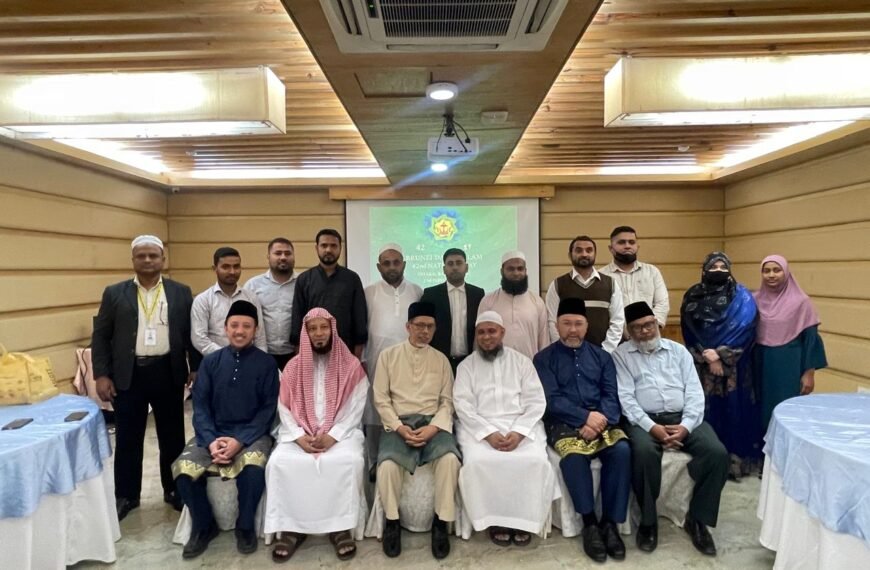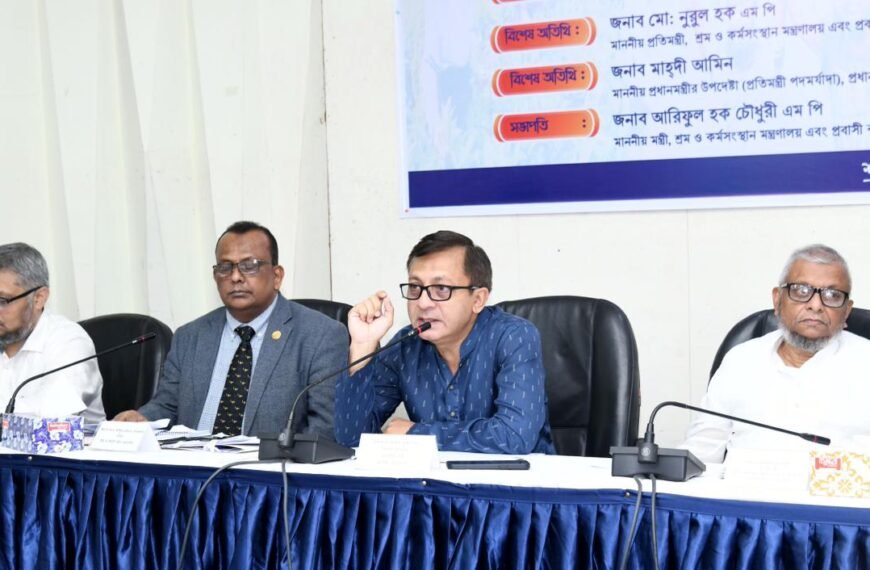Chinese Commerce Minister Wang Wentao will visit Dhaka next month with 200 investors to assess investment opportunities in Bangladesh.
Chowdhury Ashiq Mahmud Bin Harun, Executive Chairman of Bangladesh Investment Development Authority (BIDA), made this information at a press conference on Wednesday (April 9, 2025) at the end of the third day of the investment conference.
He said, “A letter sent by the Chinese Commerce Secretary has informed that a delegation of about 200 members led by their Commerce Minister will visit Bangladesh. They want to know detailed information about the investment environment in Bangladesh and if we can provide appropriate assistance, they are ready to make an investment decision immediately.”
The BIDA Chairman said that one of the objectives of this year’s International Investment Conference was to dispel the long-standing negative perception about Bangladesh and present a realistic and positive picture. He said, “Today’s discussion with the German delegation showed that most of the members have come to Bangladesh for the first time. It is clear from their reactions that they see the potential.”
He also said that an initial investment agreement of US$ 150 million has already been signed with China’s Honda Company. Labor-intensive industries, especially garments, textiles and pharmaceuticals, have emerged as the main attractions for investors.
In response to a question, Chowdhury Ashiq said, “We have plans to invest in the defense industry. In principle, we think that some transplants need to be done in the military for technological development.”
He also said, “We don’t need to make tanks, we don’t need to make spaceships, fighter jets. We can make advanced radios, tank axles, small bullets and small arms, etc. on a limited scale. But there is a lot of demand for these too.”
He also said that work is also underway on the idea of forming a ‘military economic zone’ in coordination with the army, navy and air force. However, this is a long-term plan and various issues related to cyber security, IT rights, policies and principled security have to be taken into account.




